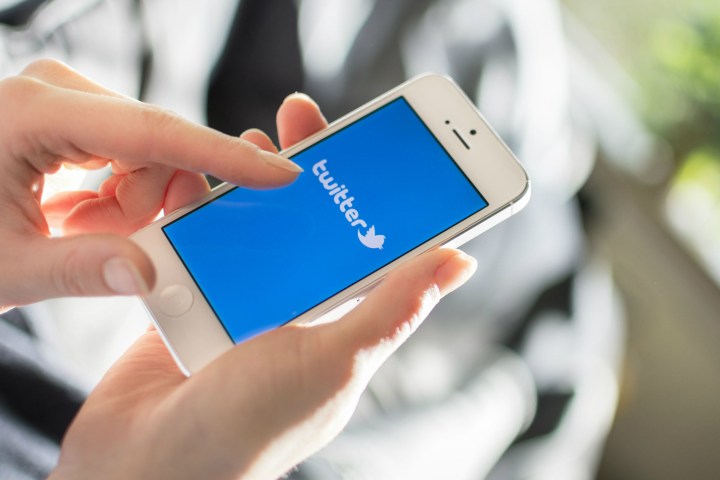
Science has now suggested that certain phrases lend themselves to an air of authenticity. Researchers at Georgia Institute of Technology pored over 66 million tweets about 1,400 real-world events (including Ebola in West Africa, the Charlie Hebdo attacks in Paris, and the death of Eric Garner in New York City) to determine just what it was that people said that made them sound so … right.
After aggregating these tweets, study participants were asked to judge how credible tweets sounded by calling them “certainly accurate,” “certainly inaccurate,” or somewhere in between. Results were then modeled and divided into 15 linguistic categories including positive and negative emotions, hedges and boosters, and anxiety, The New Web explained.
As Georgia Tech PhD candidate and research lead Tanushree Mitra noted, “There have been many studies about social media credibility in recent years, but very little is known about what types of words or phrases create credibility perceptions during rapidly unfolding events.” But that’s changing. “Tweets with booster words, such as ‘undeniable,’ and positive emotion terms, such as ‘eager’ and ‘terrific,’ were viewed as highly credible,” Mitra said. Conversely, words that are generally linked to jesting and joking — like ‘ha,’ ‘grins,’ or ‘joking,’ made tweets seem less credible.
Curiously, tweets that were retweeted more frequently were often seen as less credible, whereas longer messages were deemed more credible. “It could be that longer message lengths provide more information or reasoning, so they’re viewed as more trustworthy,” Mitra said. “On the other hand, a higher number of retweets, which was scored lower on credibility, might represent an attempt to elicit collective reasoning during times of crisis or uncertainty.”
So what are the implications of these findings? While still in need of some refining, this research could help combat the spread of fake news via social media platforms, a topic that seems increasingly relevant. And if nothing else, well, it’ll make you sound more believable.


